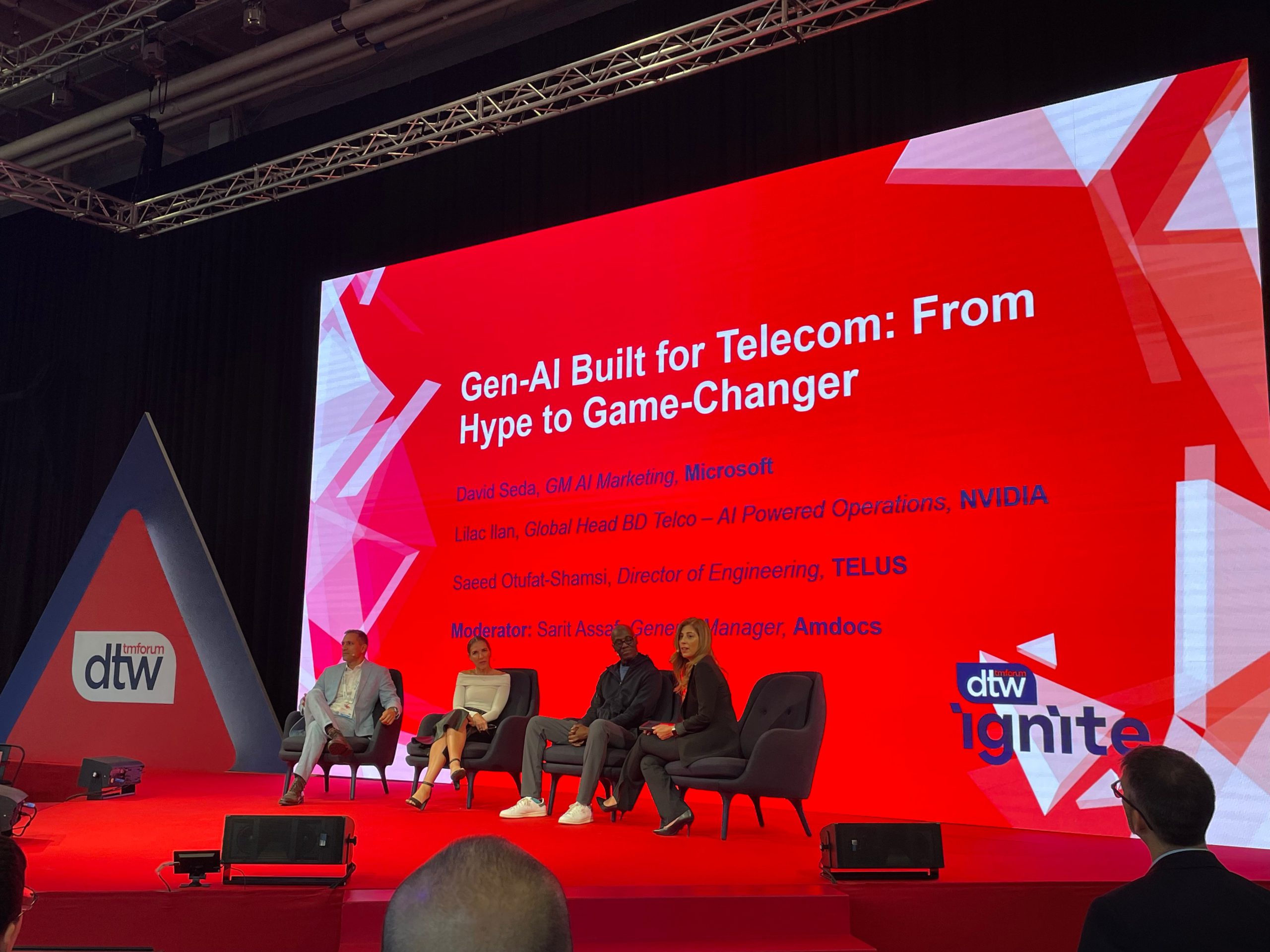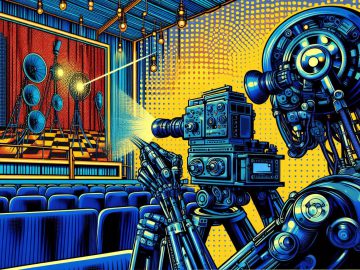Tom Coughlin speaking at the 2024 Worldcon
Photo by Kathleen Kramer
I think any technical career starts with curiosity and imagination. When I was young, I read a lot of books on scientists and inventors and on various scientific topics, but what really got me interested in pursuing my technical career was Science Fiction. I think I read every book that Jules Verne and Robert Heinlein wrote as well as many other authors, such as Ursula Le Guin, Issac Asimov (although I don’t think I read all of his non-fiction work), Robert Silverberg, Larry Niven, Frederick Pohl, Clifford Simak and many others. I was inspired to learn about science and how it might be used by Science Fiction books, TV shows and movies. Some of the SF books I read are shown below.
Science fiction books I read when young
Tom Coughlin
My first degree was in Physics and my second degree was a Masters in Electrical Engineering with a Minor in Materials Science, both at the University of Minnesota, and while studying there I was involved with the local Science Fiction fan community and was one of the founders of a local Students for the Exploration and Development of Space (SEDS) chapter. I learned to eat with chopsticks by going out to eat with local science fiction fans and authors at a favorite Chinese restaurant. For a while I had my own SF fan magazine (fanzine) and I can still remember the smell of the fresh mimeograph copies. I also attended and participated in the local Science Fiction convention (Minicon) and went to a few other SF conventions, including the World Science Fiction Conventions.
At the 1976 World Science Fiction Convention (Worldcon) in Saint Louis, MO, where Robert Heinlein was the guest of honor, I was able to get his autograph on some of his books and even rode on an elevator with him and had a brief conversation. At the local and international SF events I attended and had a chance to hear and meet many SF authors during sessions and even just walking around the conventions. I remember talking with Fredrick Pohl and I think Joe Haldeman at some of these events.
SF inspired me to pursue a career in technology and I think it inspired many other IEEE members as well, whether it was through books, graphic novels, TV shows or movies. One of the things I wanted to do if I was successful in my bid to be the IEEE President, was to do something with IEEE at science fiction conventions. I felt that this would be an outreach to people who have a great affinity for what the IEEE stands for.
When I was IEEE President elect in 2023, I was able to organize a panel session at the local Silicon Valley SF convention, Baycon, in early July on the Future of Work. There were two science fiction writers on the panel, Palmer Pickering and J.L. Doty as well as Dale Dougherty (founder of Make Magazine and the Maker Faires), Patrick Griffis (Dolby VP and former SMPTE President) and myself. J.L. Doty was the panel moderator.
There was a similar session that IEEE organized as part of our presence at the January 2024 CES show in Las Vegas on “How Will AI Impact the Jobs of the Future?” with some of the same participants (J.L. Doty and Patrick Griffis) but additional participation by Gloria Washington (AI Ethics Expert), Kayne McGladrey (Cybersecurity Expert) and Kathleen Kramer (then IEEE President Elect). I was the moderator for this session. But I still wanted to have a presence at a larger SF event.
The World SF Convention (Worldcon) was going to be in Glasgow, Scotland in August 2024 and I had a chance to visit Glasgow as part of an IEEE trip in early March 2024. I had expressed an interest before coming on having the IEEE do something at the 2024 Worldcon, particularly with Tariq Duranni from Strathclyde University, who was extremely helpful in making introductions and let me give a talk on digital storage and memory at Strathclyde University and also connected me with the local Glasgow convention folks.
Attending my talk was Ken MacLeod who was a guest of honor at the 2024 Worldcon (and who would later help judge for the local IEEE student competition). After that meeting and with the help of Tariq we were able to proceed on having the IEEE at the 2024 Worldcon.
After discussion with the convention organizers, we settle on having a panel session on Brain-Machine interfaces and for me to give a talk about digital storage and memory. The Worldcon was also willing to give us some tabletop exhibit space.
The local IEEE student branches at Strathclyde University and the University of Glasgow arranged for their student members to man the exhibit space and they also did a SF-based competition with 21 participants (Richard Nayer from Strathclyde organized the exhibit and the student competition). The top three contestants had posters on their ideas at the IEEE exhibit space and got passes to attend the full convention.
Our exhibit was often busy with many people who came by saying that they were IEEE members or had been IEEE members and several of those said that they would rejoin. There were kids who came by as well as adults, so we had some impact on the next generation of technologists.
IEEE Exhibit at the 2024 Worldcon [Richard Rayer (left) and Jim Irvine (right) man the IEEE exhibit … [+]
Tom Coughlin Photo
The Brain-Machine interface panel included Kathleen Kramer (IEEE President Elect and Professor at the University of San Diego) as moderator as well as Barry Tilton (Technology Evangelist at Maxar), Ljiljana Trajkovic (Professor at Simon Fraser University), J.L. Doty (SF writer) and Karen Panetta (Dean of Graduate Education for the School of Engineering at Tufts University). This session had a full audience and there were many questions from the audience in addition to planned discussion topics.
IEEE Brain Machine Interface Panel (left to right, Kathleen Kramer, Ljiljana Trajkovic, J.L. Doty, … [+]
Tom Coughlin Photo
My talk seemed to be well received with several people coming up to me afterwards to talk more about the future of memory and storage technology. Kathleen moderated an additional session (related to the future of work and AI) and Barry also participated in other sessions.
Overall, I think we had an impact and made some good connections at the Worldcon. Next year it will be in Seattle, Washington, again in August, and we plan to be there again representing IEEE and the future of technology. IEEE helps make the future and it makes sense to interact with those who write and think about the future!




